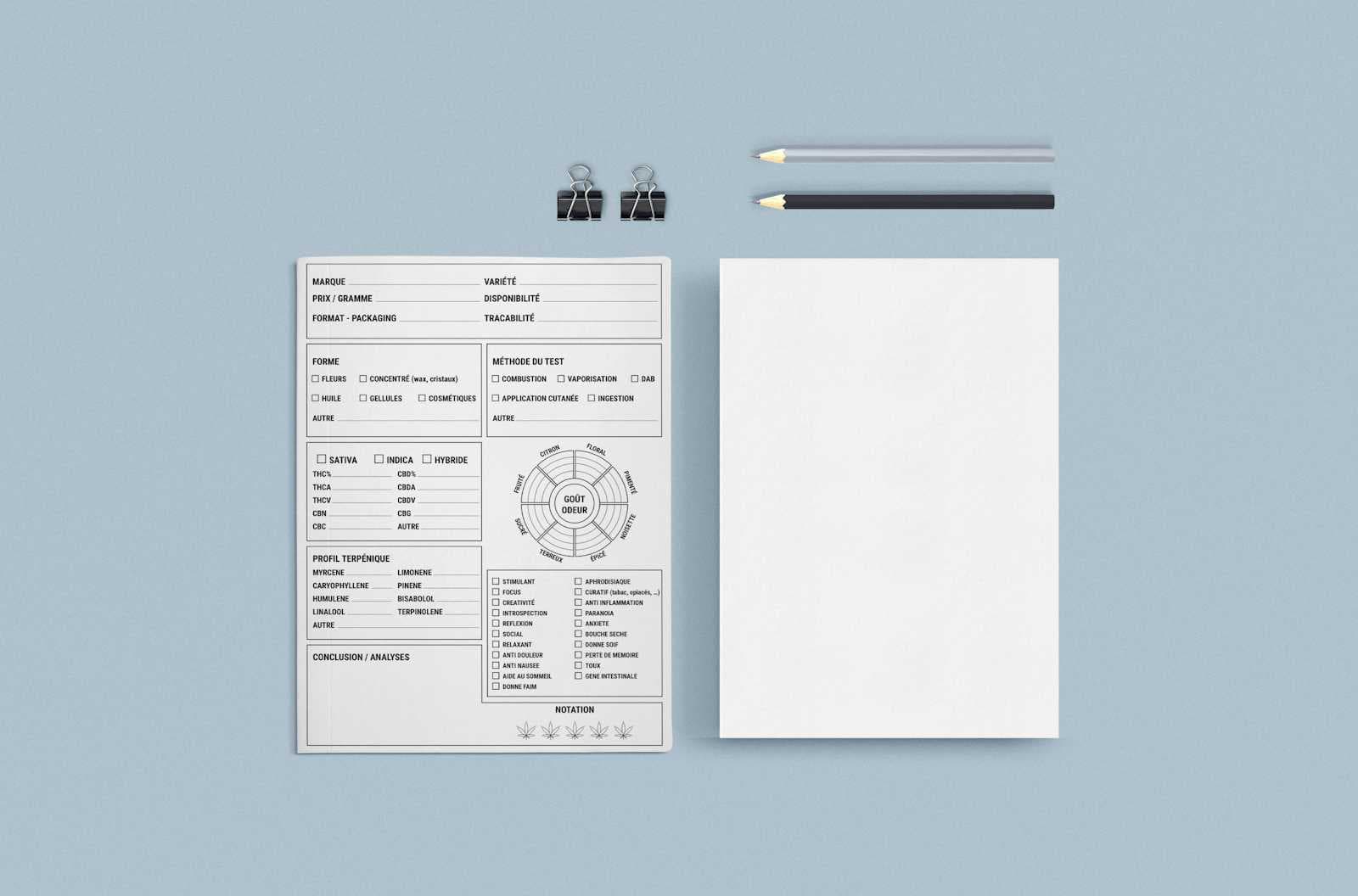5 Common Mistakes Freelancers Make With Invoicing (And How to Fix Them)
January 1, 2025 • 3 min read
Invoicing is a critical part of freelancing, yet it's often overlooked or mismanaged. Mistakes in this area can delay payments, strain client relationships, and disrupt your cash flow. Below are five common invoicing mistakes freelancers make—and actionable solutions to fix them.
1. Sending Invoices Late
The Problem:
Many freelancers delay sending invoices due to procrastination or fear of appearing pushy. This can create cash flow problems and make your work seem less professional.
The Solution:
Establish a Schedule: Send invoices immediately after completing a project or on a consistent day each month for ongoing clients.
Automate the Process: Use invoicing software to automatically generate and send invoices as soon as work is completed.
Communicate Deadlines: Include clear billing milestones in your contracts to normalize invoicing as part of the process.
2. Poorly Defined Payment Terms
The Problem:
Unclear or nonexistent payment terms often lead to confusion about deadlines, payment methods, or penalties for late payments.
The Solution:
Set Clear Terms Upfront: Specify payment timelines (e.g., “Net 15” or “Net 30”) and acceptable payment methods in your client agreement.
Include Late Payment Penalties: Add a small fee for overdue invoices to encourage timely payments.
Be Specific: Clearly outline what constitutes “completion” of work and when invoices will be issued.
3. Missing Key Details on Invoices
The Problem:
Omitting essential details—like your contact information, an invoice number, or payment instructions—can confuse clients and delay payments.
The Solution:
Create Professional Invoices: Use templates or software that automatically includes:
Your name/business name and contact info.
Invoice number and issue date.
Detailed descriptions of the services provided.
Payment instructions (e.g., bank details or payment links).
Be Transparent: Break down the charges to show clients exactly what they’re paying for.
4. Ignoring Tax and Legal Compliance
The Problem:
Overlooking tax requirements or failing to include necessary legal details can lead to issues with authorities or missed deductions.
The Solution:
Know Your Tax Obligations: Research whether you need to charge VAT, sales tax, or other taxes based on your location and client’s location.
Keep Detailed Records: Maintain organized documentation of all invoices for tax reporting.
Consult a Tax Professional: Ensure your invoices meet local legal requirements and include disclaimers if necessary.
5. Failing to Follow Up on Unpaid Invoices
The Problem:
Freelancers often feel uncomfortable chasing overdue payments, leading to significant delays or even non-payment.
The Solution:
Set Up Reminders: Use software to send automated reminders for unpaid invoices.
Be Firm but Professional: Politely follow up on overdue invoices, using language like:
Hi [Client Name], I hope this message finds you well. I wanted to remind you that invoice #12345, issued on [date], is overdue. Please let me know if you have any questions or need assistance with the payment.
Enforce Late Fees: If outlined in your agreement, apply late fees for overdue invoices to incentivize timely payments.
Final Tips for Effective Invoicing
Be Consistent: Develop a standardized invoicing process to save time and reduce errors.
Track Payments: Use a spreadsheet or invoicing tool to monitor paid and unpaid invoices.
Stay Professional: Treat invoicing as part of your business operations, not an afterthought.
By avoiding these common mistakes, you can create a more efficient invoicing process that ensures timely payments and fosters strong client relationships.
